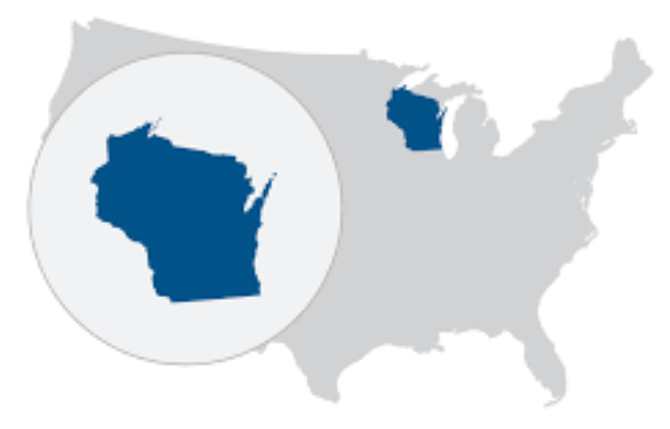If you logged onto social media over the past few months, you may have seen it – a video of the Russian Embassy on a gray, overcast day in Washington with the sounds of passing cars and buses in the background.
A man’s voice asks in English, “Do you want to change your future?” Russian subtitles appear on the bottom of the screen and the narrator makes note of the first anniversary of “Russia’s further invasion of Ukraine.”
As somber music begins to play, the camera pans to the left and takes the viewer down Wisconsin Avenue, to the Adams Morgan Metro station and on through Washington, ending at FBI headquarters, a few blocks from the White House.
“The FBI values you. The FBI can help you,” FBI Assistant Director Alan Koehler says as the video wraps up, Russian subtitles still appearing on the screen. “But only you have the power to take the first step.”
Отмечая первую годовщину российского полномасштабного вторжения в Украину, ФБР приглашает к сотрудничеству сотрудников РФ, обладающих секретной или закрытой информацией. Вы хотите изменить своё будущее? Связаться с сотрудниками ФБР можно в Signal по номеру +1-771-201-4210.
— FBI Washington Field (@FBIWFO) February 24, 2023
The video, put out by the FBI’s Washington Field Office, first appeared as a posting on the field office’s Twitter account on February 24. Another five versions started the same day as paid advertisements on Facebook and Instagram, costing the bureau an estimated $5,500 to $6,500.
That money may seem like a pittance for a government agency with an annual budget of more than $10 billion, but it was not the first nor the last time the FBI spent money to court Russian officials.
The video is part of an expansive, long-running campaign by the FBI to use social media advertisements to recruit disgruntled Russian officials stationed across the United States and beyond, in part to sniff out Americans who have betrayed their country in order to aid Moscow.
A VOA analysis finds the FBI has paid tens of thousands of dollars, at minimum, to multiple platforms for social media ads targeting Russian officials, with the pace of such ad buys increasing just before and then after Moscow launched its latest invasion of Ukraine.
Multiple former U.S. counterintelligence officials who spoke to VOA about the FBI’s efforts described the advertising as money well spent.
The FBI wants to find well-placed Russian officials who can “help identify where American spies may be,” said Douglas London, a three-decade veteran of the CIA’s Clandestine Service.
“It seeks Russian agents to catch and convict American spies and Russian illegals,” he told VOA, describing the mission as a part of the bureau’s DNA.
Another veteran CIA official, Jim Olson, agreed, telling VOA the goal of the FBI’s outreach to Russian officials is unmistakable.
“I call that hanging out the shingle,” said Olson, a former counterintelligence chief.
“For every American traitor, every American spy, there are members of that intelligence service who know the identity of that American or know enough about what the production is to give us a lead in doing the identification,” Olson said.
‘All available tools’
The FBI declined to comment directly on its decision to spend several thousand dollars to run the two-minute-long video as an ad on Facebook and Instagram, simply saying it “uses a variety of means” to gather intelligence.
“The FBI will evaluate all available tools to protect the national security interests of the United States,” the FBI’s Washington Field Office told VOA in an email. “And we will use all legal means available to locate individuals with information that can help protect the United States from threats to our national security.”
Some of the FBI’s earlier forays into social media advertising did get some public attention, first in October 2019 and then again in March of last year.
However, a review of publicly available data indicates the bureau’s use of social media for counterintelligence is more expansive than previously understood.
According to data in the Meta Ad Library, which contains information on Facebook and Instagram ads dating back to May 2018, the FBI and its field offices have so far spent just under $40,000 on ads targeting Russian speakers, generating as many as 6.9 million views.
While most of the ads targeted specific locations, like Washington and New York, some were seen much further afield, getting views across much of the United States and even in countries like Spain, Poland, Nigeria, France and Croatia.
Pages: 1 2




